|
When I pitched the idea of rebranding articles on this site, Book 'Em was one of the first subjects that came to mind. We want to use this section of the site not only to provide perspectives on the trendiest goings-on in literature but to also help put the spotlight on those in the community doing their best to help others. One of the only tenets of ours that I believe truly affects how we run this company is that each every moment is a new opportunity for growth and that you shouldn't judge one for past mistakes, that we should use our time together not only to learn from each other but to accept that we are all always growing. I can't think of a better example of this than Book 'Em. Not only am I proud to feature them on our page but I feel unworthy to write about them. In short, Book 'Em is a program which provides books for prisoners. (Think about the feels you got when Andy Dufresne improved the library in Shawshank Redemption.) They are based in Pittsburgh and meet from 4-6 at the Thomas Merton Center the first two (sometimes three) Sundays of the month. It was founded by Etta Cetera nearly twenty years ago(!) in 2000. They are sponsored by The Big Idea bookstore. If this all sounds like I'm just paraphrasing their About Me section, that's because I am, so do yourself a favor and check out the real deal for yourselves: http://bookempa.org/what-we-do It's an all volunteer organization, so do the world a favor and help out. I reached out to Book 'Em by email and Jodi was kind enough to answer a few questions (and a misunderstanding) I had about their organization. Update: There was a misunderstanding on my part about a book ban that threatened the way Book 'Em Operates that lead into this part of our exchange. This was an error on my behalf. How has not being able to donate books to individual prisoners changed your program? There might be a bit of confusion here. We are still able to donate books to individual prisoners! They still write to us directly with their requests and we hand select books that would be appropriate for them. The only difference is that before being delivered directly the the prisoner, they are sent to the "Security Processing Center" in Bellefonte PA where they are inspected for drugs and contraband. After that, they go to the specific prison and prisoner they are intended for. This has made it take an extra week or two for people to get their packages after we send them, and there were some hiccups at first with people getting the correct books and their book invoices, but that is improving. One of the main differences with the new policies is that we can't send loose paper with the books. This includes our resources guides, materials we might print out from the website, answers to questions about our organization, etc. Instead any non-bound paper we want to send except for the invoices, get sent to Smart Communications, a private company in Florida, where the paper is scanned, sent to the prisoner, reprinted and given to the prisoners. This makes the packing sessions a bit more complicated as it's an extra step for our volunteers to learn and additional postage to mail to FL, but we've gotten used to it. One big change is that because all of the packages go to one location in central PA now (except for packages sent to Federal Correctional Institutions), we are able to send them together in a large box, vs individually mail them. This has been saving us quite a bit of money of postage as well as time in processing the packages to be mailed. How has the experience been in Pittsburgh? How has The Big Idea helped as a sponsor? Pittsburgh is such a fantastic city to be based in! People in the city are extremely supportive. We receive probably hundreds of donated books each week not only from community members who know about our programs but book stores and publishers. We have incredible volunteers and so many groups and organizations get involved with sponsored packing sessions. Plus, we wouldn't be able to operate without the financial support of our monthly donors to cover the cost of our shipping. People in the city also rallied around us when the book ban happened in 2018 helping with call ins to the governor and DOC officials and general push back. Plus we have a great relationship with many of the other criminal justice advocacy groups in the city and are proud to be a part of that network. The Big Idea Book Store has hosted their Brunch Fundraiser for us, does a great job of promoting events and issues around prison education issues like highlighting books censored by prisons during banned book week. Plus people at the book store can purchase dictionaries and other books for our program while they check out! Additionally, the PA DOC and many other prisons across the country restrict who can send books to prisons to "original sources." Because we are a part of the Big Idea Book Store, we are able to qualify as an original source and send books directly. If we weren't a part of The Big Idea we wouldn't be able to operate! We are also sponsored by the Thomas Merton Center, a fantastic organization that is a long standing Peace and Social Justice Advocacy nonprofit in Pittsburgh. Thanks again to Book 'Em for their services and Jodi for taking my questions! Check 'em out at the following links...
Website: http://bookempa.org/ Facebook: https://www.facebook.com/bookempgh/ Twitter: https://twitter.com/PGHBookEm Email: [email protected]
0 Comments
As I've been in an on again off again relationship with a the book I've been writing for the past seven years, I'm ashamed to admit I've only recently started thinking about this. I've been asking myself: why am I still doing this? Who is this for? In true Long Shot Books fashion, I don't have any answers to these questions, but I have plenty of thoughts that lead to more unanswered questions. While I've been thinking about this, I've come across a lot of articles on the 'net that preach writing for yourself, and others that tell you to do the opposite. Then there's a shit ton of articles that talk about it like it's some scale that needs to be balanced, where the answer is somewhere in between. What team should you play for? Hell if I know. That's a question I can't answer. As with anything, with the good comes the bad: Write for yourself (screw everybody else): The Bad: -I've had the experience of seeing some folks who fall into that mindset where their work is great no matter what. They're geniuses. Any criticism furthers their perception that the're a misunderstood artists. They are Squidwards. -I've been warned that if you don't try to relate to your readers, they won't be able to connect to your work. You might be perceived as being a bit out of touch, and your work may not resonate the same way it "should." The Good: -I guess you get to honor your vision without letting those fears of how other people will take it stop you? -It's touted as being a more"honest" work because it's more "you"? (Though you could argue that most people consider themselves the heroes of their own lives and portray themselves as such.) Write for others (it's not always "selling out"):
The Bad: -You sell out and write that obligatory holiday book that ends up on a Top 10 (or Top 100) list somewhere. -You risk coming off as inauthentic if what you're writing isn't "you." (one aspect of impostor syndrome). -You get so preoccupied with what other people think and get so worried about offending anyone that your art takes a it for it. The Good: -You get readers? Where am I going with this? Add that to the list of unanswered questions. My fifth ex-boyfriend once told me I talk in cliches, and maybe he's right, but all I truly know is what I feel. I'm not qualified to dispense life advice. I don't speak from any position of authority, even as the Queen of LSB (for real, that is my job title--according to the bank at least). I'm not particularly profound. I'm just a writer working at a company for other writers. I'm not going to suggest you balance challenging yourself as an artist while delivering a story your readers want to hear--because sometimes the story that needs to be told isn't one that people want to hear (no, I'm not talking about the dystopian genre, even though that's a story I don't want to hear for a different reason). Sometimes it's not always this purpose-driven, intention-filled thing right away. Sometimes you want to enjoy that infatuation you have for that story, that poem, or whatever is consuming you at that moment. Enjoy it. Be in love for a while. Sometimes you just want to speak to be heard, even if you're just reading your poem back to yourself in the solitude of your drafty studio apartment--and the very act of writing these things into existence helps you make sense of whatever you're going through. (Maybe one day that poem or story or thing will make its way into the hands of someone who needs it, too. Writing can be a gift--for who, it doesn't matter. It can keep on giving to anybody you'd like.) Sometimes it doesn't always have to matter who it's for right away. Or maybe that's another question that doesn't get answered at all. --Maureen When someone says, “Everything's been done before,” I puke in my mouth. What a sad statement. What a nihilistic philosophy of art. I'd even go so far even as decided to use even go want to do look more like I'd say that it's a cowardly approach to art. I feel bad for people who feel this way. What value do they place on creativity? What room does that leave in life for innovation? I most often see this empty platitude used to excuse plagiarism or flat-out mediocrity. It's a dismissive way of saying, “Please don't criticize what I like.” To me, it reads more like it's dismissing the accomplishments men and women have made. I would argue that it's a harmful statement. If it's all been done before, why do anything at all Sure, in a manner of speaking, “those people” are right. Virtually everything has been said and done before, in some manner. I don't prescribe to Christopher Booker's theory about there being seven essential stories we tell and retell, but I also haven't read his doorstopper on the subject, let alone having written my own. There are two types of people. Those who love Tarantino's mixtape approach to filmmaking and those who despise it; I'm both. Yes, I will concede that every work of art is a collage of influences. I don't think that is the same as excusing a pale imitation of one singular other work. I think the more diverse the inspiration, the richer the story. Look at George Lucas' muses: Flash Gordon, Kurosawa movies, Shakespeare plays, Joseph Campbell, World War II iconography. He brought all that together and made something unmistakably his (for further evidence of that, watch the attempts other filmmaker have made to recapture his spark, even under the Star Wars official banner). David Bowie was a chameleon of influences but you can hear his voice on every record (well, literally, yes, in that way, too). Can you name a film like Eraserhead before Eraserhead? There might be parallels but nothing quite like it. What I want you to take from this article is that even if your story reflects those told before, it doesn't mean that you should shy away from telling it in your own voice. It's hard to be a trailblazer. Some artists make it look so easy to create something successful that there can be temptation to imitate rather than innovate. Just because someone before you has fallen in love doesn't make your love any less worthwhile. Your DNA is yours alone; stamp your art with it. The redundancy of so many tales should give you drive to create something even more radically you. The world doesn't need your best Anne Rice impersonation. It needs the best you, and you owe it to yourself to be as much yourself as you can. Exploring uncharted territory can be frightening. The possibility of opening up so wide only to be rejected is one of the greatest pressures of writing, or any act of creation. The best way to prove those thoughts wrong is by accepting yourself and allowing yourself be unabashedly you.
I saw an article the other day, saying that Harper Lee's To Kill a Mockingbird has been taken off reading lists and how this is a deathblow to anti-censorship across the country, again. So, I crack the fucker open (the article, not the book) and come to a realization: Are we supposed to truly care about this? I've suspected for years, now, that the whole Read a Banned Book trend has been a front us artists use to pretend like we give a d*mn about free speech. If I was resourceful, reliable, or professional, I'd cite the article that inspired this one. Unfortunately, I lost it. There are dozens out there, and they're all the same. I'll include some at the end of this tirade. To Kill a Mockingbird is one of my favorite books, possibly in my top ten. I also think the movie adaptation is a masterpiece of American cinema. Heck, I even enjoyed Go Set a Watchman. It's no proper sequel to TKAM, but for a rough draft by a first time author, I think it's beyond impressive. The original novel has shaped my morality on a daily level and I often find myself asking, “What would Atticus do?” I think it's the perfect combination of a nostalgic lookback of a childhood summer while framing Scout's coming of age within a larger societal context with the tragic trial of Tom Robinson (not to mention, as both a horror fan and a social outcast, Boo Radley). Do I think that everyone should read this book? Yes, I do. Do I think people should listen to what some bum on the internet tells them to do? Never. Literature's been around a lot longer than the Finches and it's come a long way since they've made their mark. I don't think the book is dated, but I do think it's more mature than most high school classrooms (at least those I've been in). It was assigned reading for my tenth grade class and it honestly didn't leave much of a mark on me, not until I reread it one summer between semesters at college. I completely sympathize with teachers who might be reading passages from a book with racial slurs or themes like false rape accusations. Yes, it is the teacher's job to contextualize these things in order to enrich a classroom historically and culturally, but I'm also not opposed to classroom copies of the book that censor the really nasty words. I think the blunt vulgarity is more effective and is necessary to show the harsh reality of racism. I also fear that this censorship could be a slippery slope. I don't know how to feel about it, honestly, and I see why many would rather just retire the book to a comfy slot in a library shelf. Look, I think some of the books in the image below (Top 10 Challenged Books of 2017) are pure shit. I'd rather nobody read them but I wouldn't take away their choice to do so. I also would never make some of them required reading. (Perhaps, this is more a debate for teachers to have among each other than it is for me to have with myself as a writer. The one piece of advice you can take from me is to never listen to what I say. Truly, I don't have faith in artists today as flag-wavers of anti-censorship. We might stand up for those armored with canonical status. Do I see us standing up for our contemporaries? I think many of us are more likely to eliminate the competition through any means necessary. I hope that I'm wrong. We live in a confused time where Barnes & Noble can sell Mein Kampf without criticism. If I want to wank to videos of Hitler giving speeches, I could have done so for a lot longer than I could have found an official Alex Jones video. When it comes to censorship, it seems to me as though the dead are safe in their crypts. Now, political debates are waters my silly publishing house doesn't dip its toes into (If you're one of those people going, "This article is a political statement in and of itself, you hypocrite." You're probably an insufferable twat, but you did catch me by my slimy tail.), but what can be said for all these authors who have their books canceled due to Twitter controversies? (Admittedly, many have pulled out of the deals themselves, but it begs me to wonder, how much were they strong-armed into backing-out?) Long Shot Books was created as a safe space for dangerous art. With all this said, what constitutes a work of literature being so important that it is required reading in the educational system? The answer to that one is far out of my reach. I don't have the answers, any of them, but I've got a fuckton of questions. It seems to me that articles such as this one are written to make sure the controversy remains stirred until the next potential threat to Lee's masterpiece comes around. Personally, I think the Finches will be safe for some time; it's us living writers I fear for. Thinkpiece on NBC News: https://www.nbcnews.com/think/opinion/why-are-we-still-teaching-kill-mockingbird-schools-ncna812281
TheStar, “Why It's Time to Move on From To Kill a Mockingbird in Schools: https://www.thestar.com/life/opinion/2018/11/07/why-its-time-to-move-on-from-to-kill-a-mockingbird.html WLHSnow: “Why 'To Kill a Mockingbird' Should be Taught”: https://wlhsnow.com/top-stories/2018/05/09/why-to-kill-a-mockingbird-should-be-taught/ Washington Post, "Do We Still Really Need Banned Books Week?": https://www.washingtonpost.com/entertainment/books/do-we-really-still-need-banned-books-week/2018/09/26/80e924be-c0fd-11e8-90c9-23f963eea204_story.html New Yorker, “In Y.A., Where Is the Line Between Criticism and Cancel Culture?” https://www.newyorker.com/books/under-review/in-ya-where-is-the-line-between-criticism-and-cancel-culture Vulture, “The Latest YA Twitter Pile On Forces a Rising Star to Self-Cancel”: https://www.vulture.com/2019/01/ya-twitter-forces-rising-star-author-to-self-cancel.html USA Today, “Author accused of shaming black Metro employee for eating on train; book deal halted”: https://www.usatoday.com/story/life/books/2019/05/11/natasha-tynes-book-deal-halted-amid-metro-shaming-backlash/1176291001/ If you live in the Pittsburgh area and weren't already following City of Asylum, here's even more reason to keep track of their events. They recently announced on Facebook that four National Book Award finalists have performed at their venue. Let this be a reminder to what fertile ground the Pittsburgh area is for talent and, of course, a reminder of all the great work City of Asylum is doing for writers both in the community and around the world. Actually, it's not just a reminder of the great talents from the area but also that Pittsburgh is a place that people travel to read at. Congratulations to all the winners and thanks to COA for providing them with such a beautiful venue in our area. Below is their respective information. (All this information is taken from the sites attributed, so please do not mistake any of it for my penmanship. It isn't.) Ilya Kaminsky“Ilya Kaminsky was born in Odessa, former Soviet Union in 1977, and arrived to the United States in 1993, when his family was granted asylum by the American government. Ilya is the author of Deaf Republic (Graywolf Press) and Dancing In Odessa (Tupelo Press). He has also co-edited and co-translated many other books, including Ecco Anthology of International Poetry (Harper Collins) and Dark Elderberry Branch: Poems of Marina Tsvetaeva (Alice James Books). His awards include the Guggenheim Fellowship, the Whiting Writer's Award, the American Academy of Arts and Letters' Metcalf Award, Lannan Foundation's Fellowship and the NEA Fellowship. His poems regularly appear in Best American Poetry and Pushcart Prize anthologies. He has also been awarded Poetry magazine's Levinson Prize. Dancing In Odessa was named the Best Book of the Year by Foreword magazine. Recently, he was on the short-list for Neustadt International Literature Prize. His poems have been translated over twenty languages, and his books have been published in many countries including Turkey, Holland, Russia, France, Mexico, Macedonia, Romania, Spain and China, where his poetry was awarded the Yinchuan International Poetry Prize. Kaminsky has worked as a law clerk for San Francisco Legal Aid and the National Immigration Law Center. More recently, he worked pro-bono as the Court Appointed Special Advocate for Orphaned Children in Southern California. Currently, he holds the Bourne Chair in Poetry at Georgia Institute of Technology and lives in Atlanta.” -from his website Follow Ilya Kaminsky at: Twitter: https://twitter.com/ilya_poet?lang=en Amazon: https://www.amazon.com/Ilya-Kaminsky/e/B001K7LO7U%3Fref=dbs_a_mng_rwt_scns_share Website: https://www.ilyakaminsky.com/ Toi Derricotte"Toi Derricotte is an American poet and a professor of writing at University of Pittsburgh. She won a 2012 PEN/Voelcker Award for Poetry. With Cornelius Eady, she co-founded Cave Canem Foundation, a summer workshop for African-American poets." -from her Facebook Follow Toi Derricotte at: Her Website: https://toiderricotte.com/ Twitter: https://twitter.com/toiderricotte?lang=en Amazon: https://www.amazon.com/Toi-Derricotte/e/B000APKE24%3Fref=dbs_a_mng_rwt_scns_share Facebook: https://www.facebook.com/pages/Toi-Derricotte/103989789636913 Akwaeke Emezi"Akwaeke Emezi is a writer and video artist based in liminal spaces and a 2018 National Book Foundation '5 Under 35' honoree. Currently longlisted for a National Book Award, their debut YA novel PET (Make Me a World/Random House Children's Books) is also an Indie Next selection and debuted with five starred reviews from Kirkus, Publishers Weekly, School Library Journal, Bookpage, and Bulletin. Emezi was recently featured in Kirkus Reviews and profiled in The New York Times. Emezi's debut autobiographical novel FRESHWATER (Grove Atlantic) is in early development as a TV series at FX, with Emezi writing and executive producing with Tamara P. Carter. Translated into ten languages, FRESHWATER was a New York Times Notable Book as well as a finalist for the Center for Fiction's First Novel Prize, the PEN/Hemingway Award, the NYPL Young Lions Fiction Award, the Edmund White Award for Debut Fiction, and a Lambda Literary Award. It was long-listed for the Carnegie Medal of Excellence, the Women's Prize for Fiction, the Brooklyn Public Library Literary Prize, The Wellcome Prize, the Aspen Words Literary Prize, and named a Best Book of the Year by the New Yorker, NPR, the Chicago Public Library, and Buzzfeed. FRESHWATER debuted as an Indies Introduce Title, receiving rave reviews from the New York Times, the Wall Street Journal, the New Yorker, the Guardian, and the LA Times, among others. Their sophomore adult novel, THE DEATH OF VIVEK OJI, is forthcoming from Riverhead Books, and their short story 'Who Is Like God' won the 2017 Commonwealth Short Story Prize for Africa. Emezi was photographed by Annie Leibovitz and profiled in the February 2018 issue of Vogue Magazine (Modern Families With A Cause), and their video art series THE UNBLINDING premiered at Gavin Brown's enterprise in Harlem. Born in Umuahia and raised in Aba, Nigeria, Emezi was awarded a Global Arts Fund grant in 2017 for the video art in their project The Unblinding, and a Sozopol Fellowship for Creative Nonfiction. Their writing has been published by T Magazine, Dazed Magazine, The Cut, Buzzfeed, Granta Online, Vogue.com, and Commonwealth Writers, among others. Their memoir work was included in The Fader's 'Best Culture Writing of 2015' ('Who Will Claim You?') and their experimental short UDUDEAGU won the Audience Award for Best Short Experimental at the 2014 BlackStar Film Festival. Emezi is currently making video art and working on their fifth novel. For their upcoming events, click here." -from their website Follow Akwaeke Emezi at: Their Website: https://www.akwaeke.com/ Twitter: https://twitter.com/azemezi?ref_src=twsrc%5Egoogle%7Ctwcamp%5Eserp%7Ctwgr%5Eauthor Amazon: https://www.amazon.com/Akwaeke-Emezi/e/B0746F1QRZ%3Fref=dbs_a_mng_rwt_scns_share Their public Facebook does not appear to be currently available and didn't want to share a dead link. I can update if anyone notices any changes on that front. Jericho Brown"Jericho Brown is the recipient of fellowships from the Guggenheim Foundation, the Radcliffe Institute for Advanced Study at Harvard, and the National Endowment for the Arts, and he is the winner of the Whiting Writer's Award. Brown’s first book, Please (New Issues 2008), won the American Book Award. His second book, The New Testament (Copper Canyon 2014), won the Anisfield-Wolf Book Award. His third collection is The Tradition (Copper Canyon 2019). His poems have appeared in The Bennington Review, Buzzfeed, Fence, jubilat, The New Republic, The New York Times, The New Yorker, The Paris Review, TIME magazine, and several volumes of The Best American Poetry. He is an associate professor and the director of the Creative Writing Program at Emory University." -from his website His Website: https://www.jerichobrown.com/ Twitter: https://twitter.com/jerichobrown?ref_src=twsrc%5Egoogle%7Ctwcamp%5Eserp%7Ctwgr%5Eauthor Amazon: https://www.amazon.com/Jericho-Brown/e/B002A58KDC%3Fref=dbs_a_mng_rwt_scns_share Facebook: https://www.facebook.com/jerichobrown City of Asylum"City of Asylum creates a thriving community for writers, readers, and neighbors. We provide sanctuary to endangered literary writers, so that they can continue to write and their voices are not silenced. We offer a broad range of literary programs in a variety of community settings to encourage cross-cultural exchange. We anchor neighborhood economic development by transforming blighted properties into homes for these programs and energizing public spaces through public art with text-based components."
-from their website Follow them at: Their Website: https://cityofasylum.org/ Twitter: https://twitter.com/cityofasylum?lang=en Facebook: https://www.facebook.com/cityofasylumpittsburgh/ |
CategoriesArchives
August 2023
|

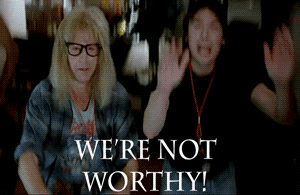
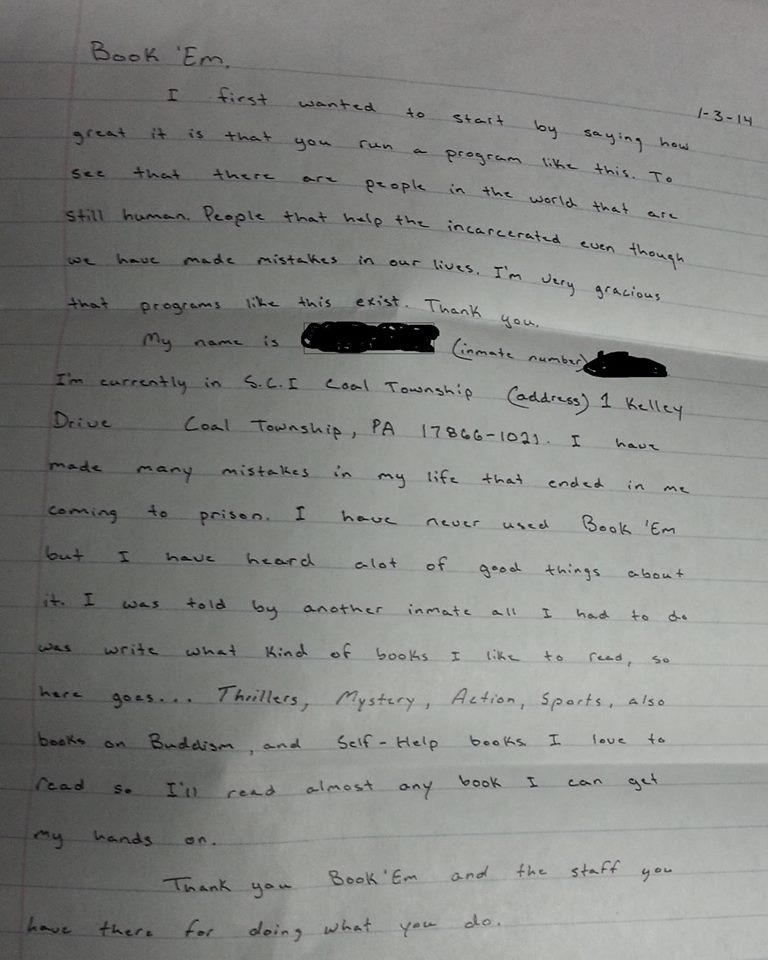
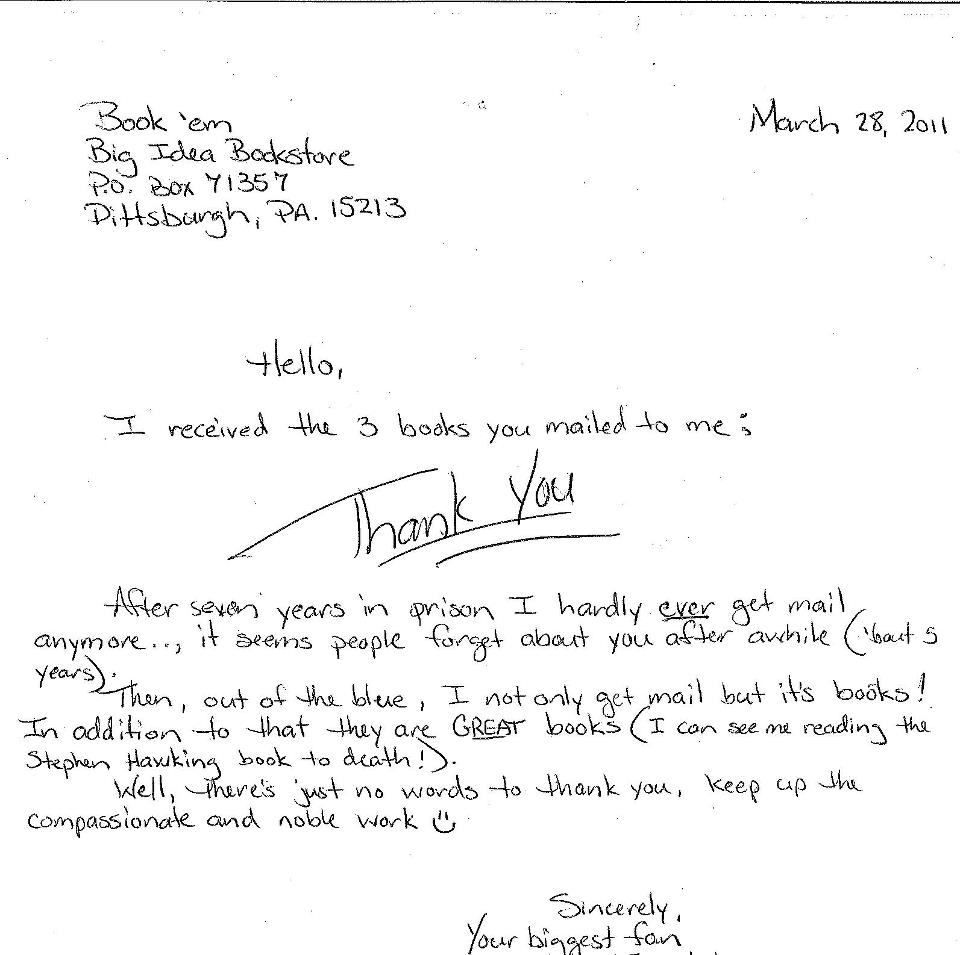
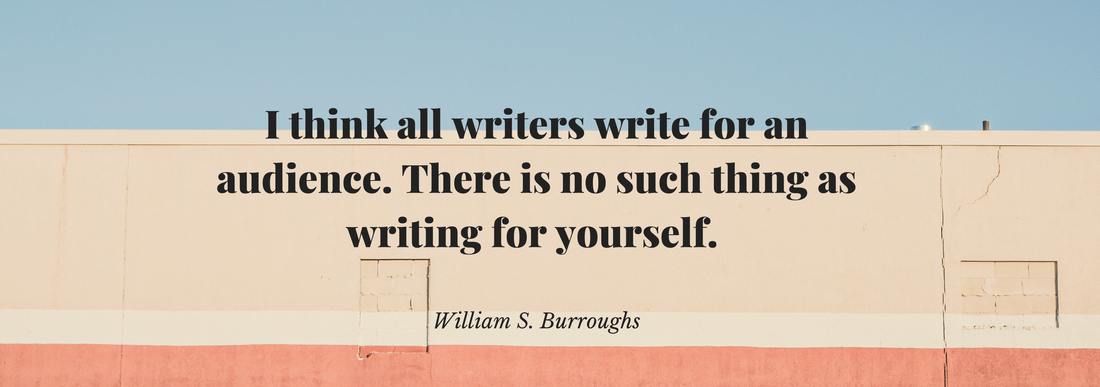
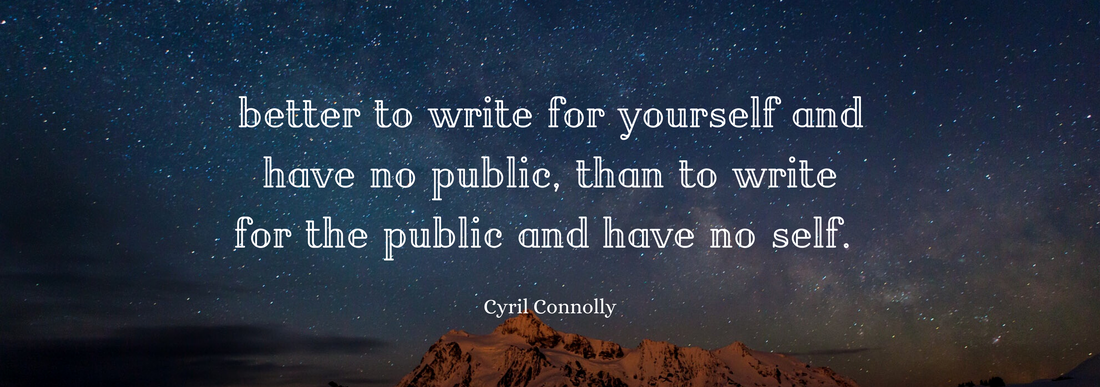
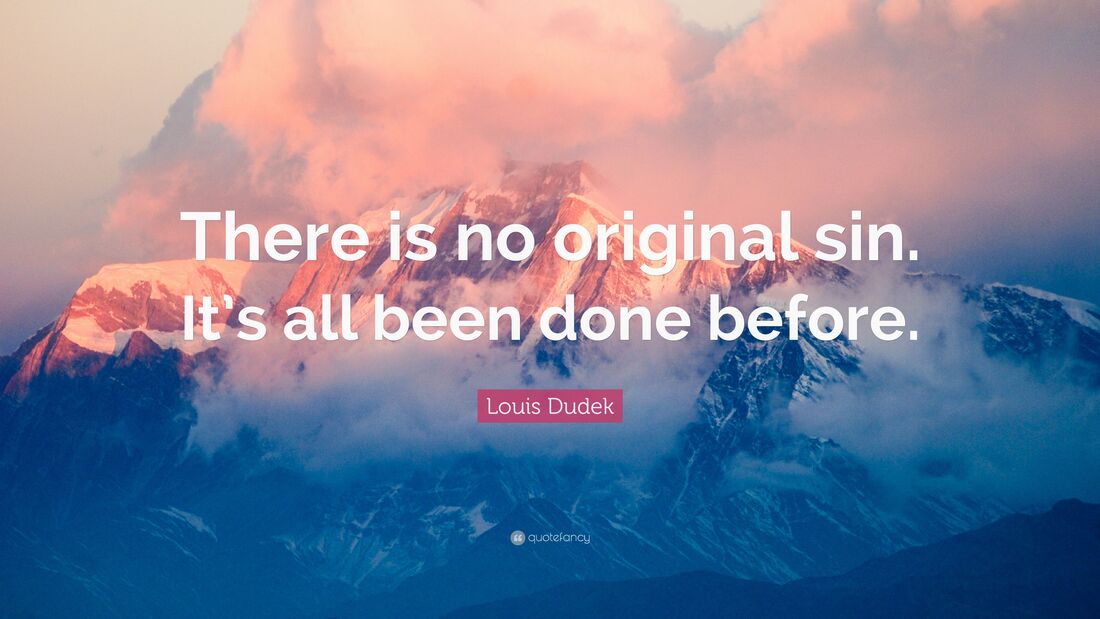
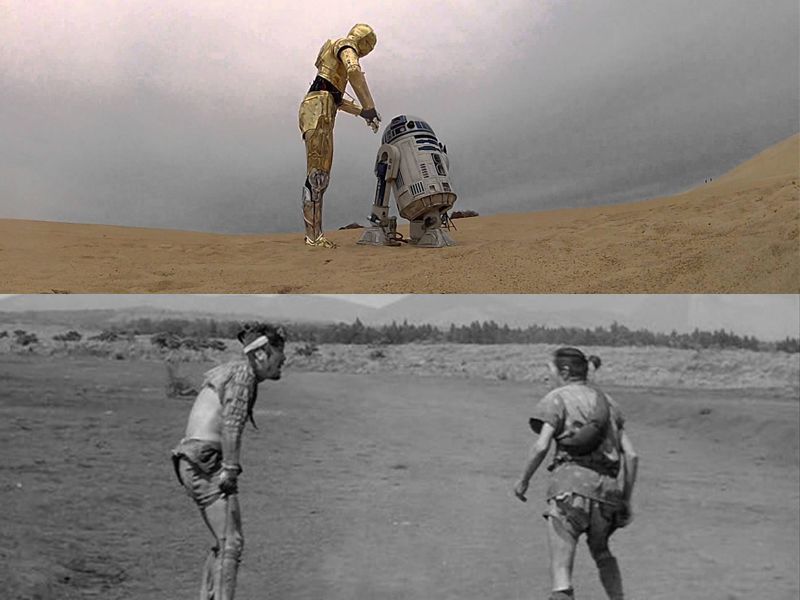
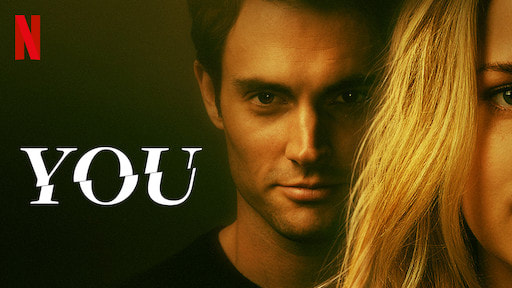
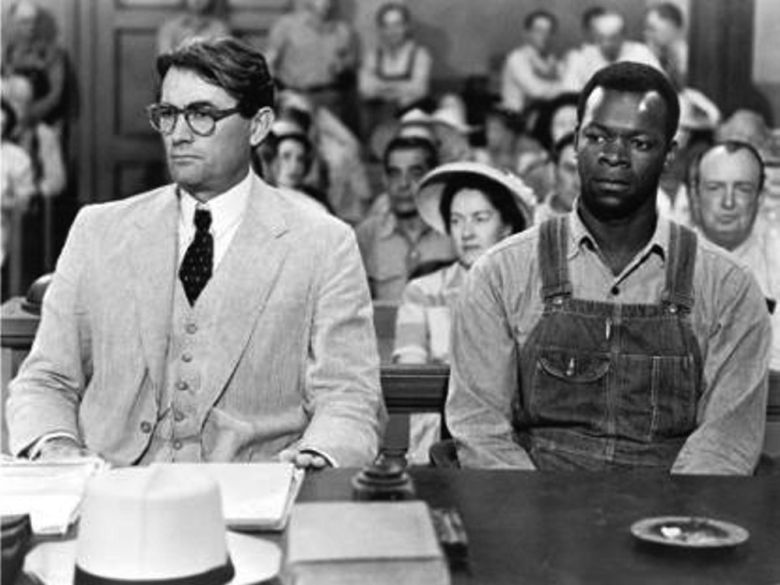

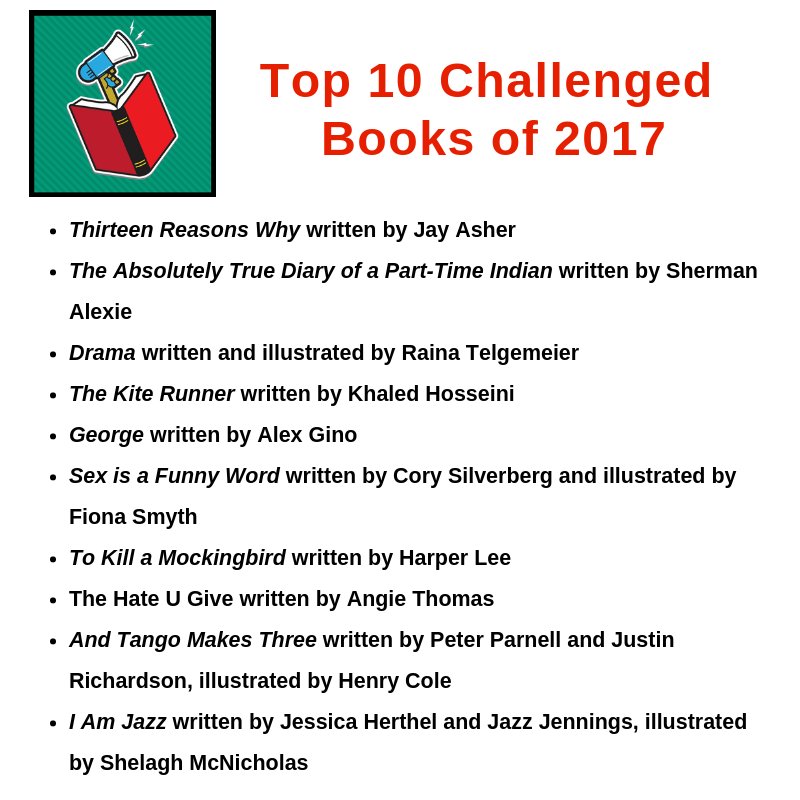

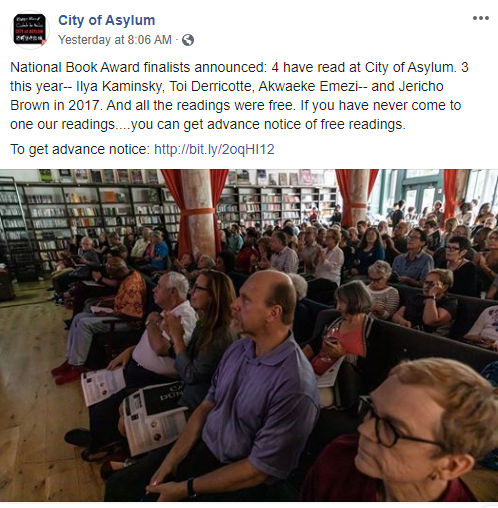
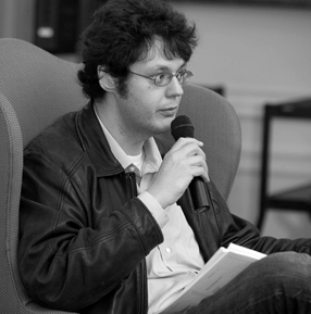
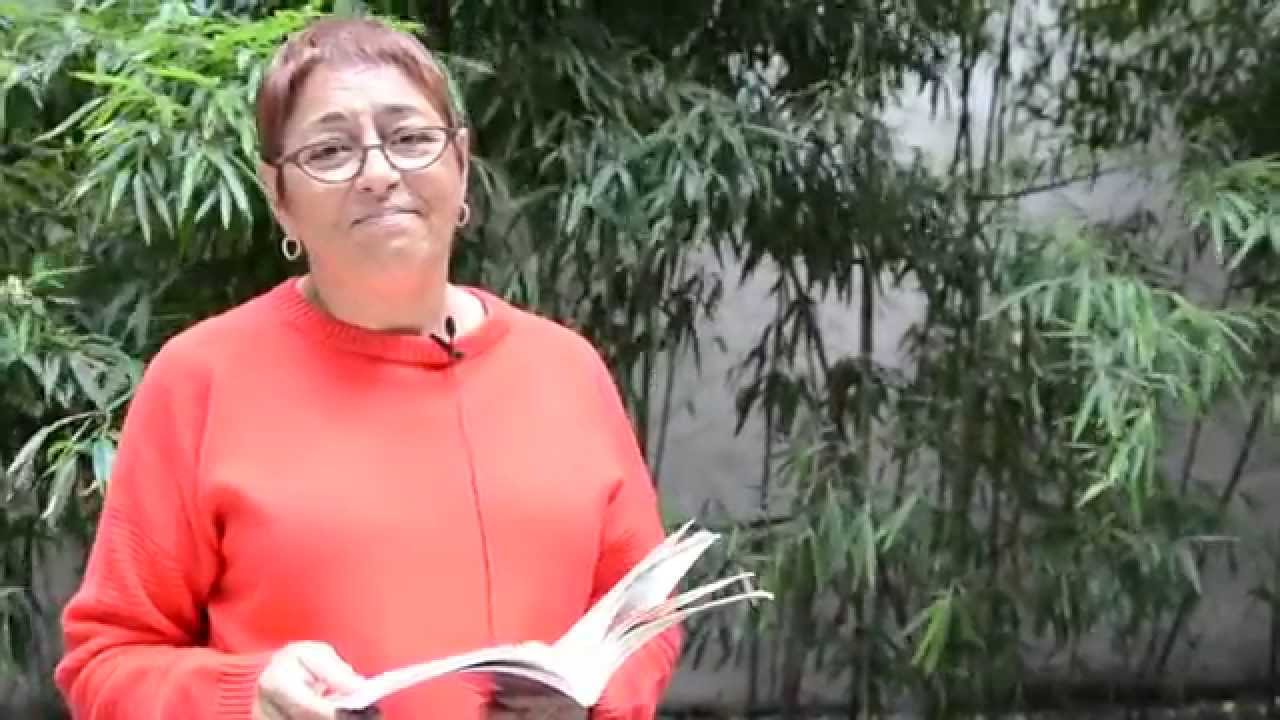
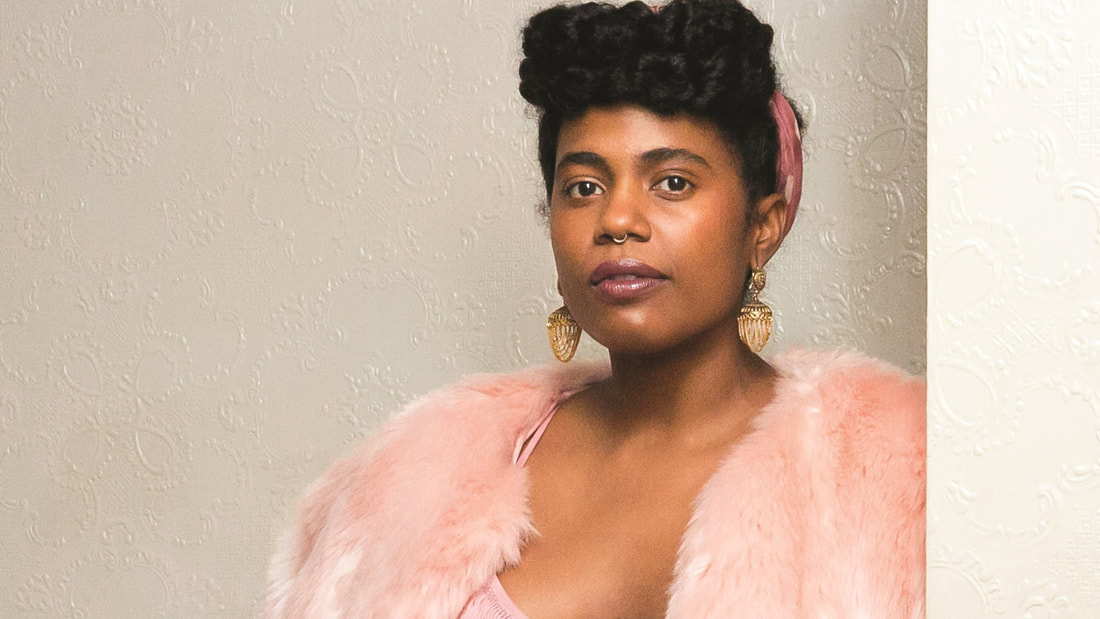
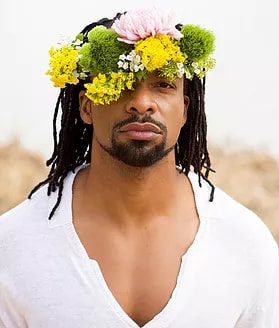
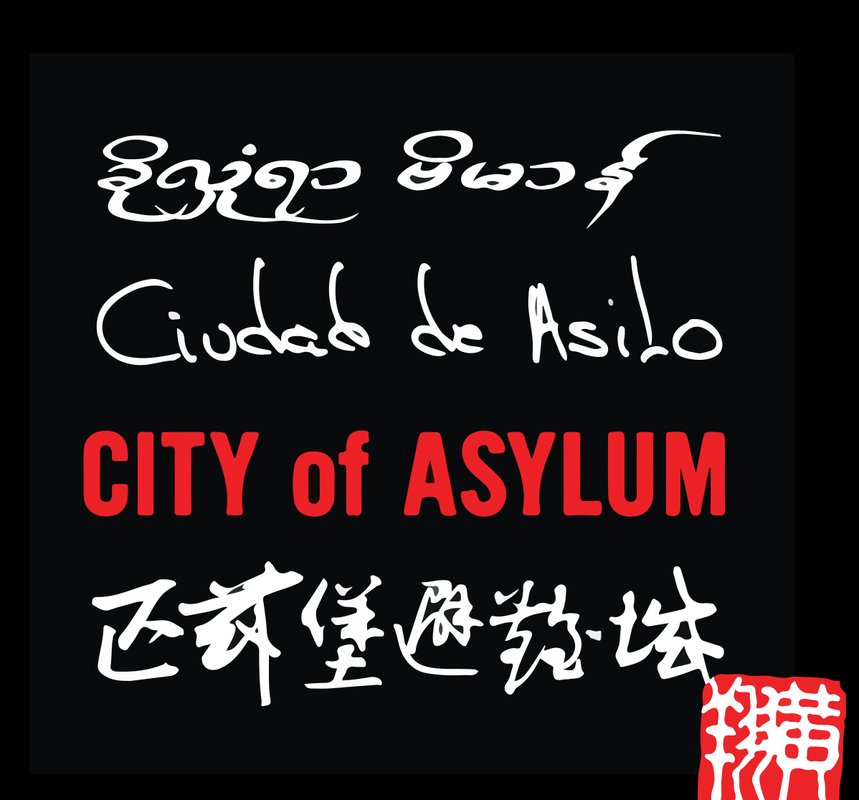
 RSS Feed
RSS Feed